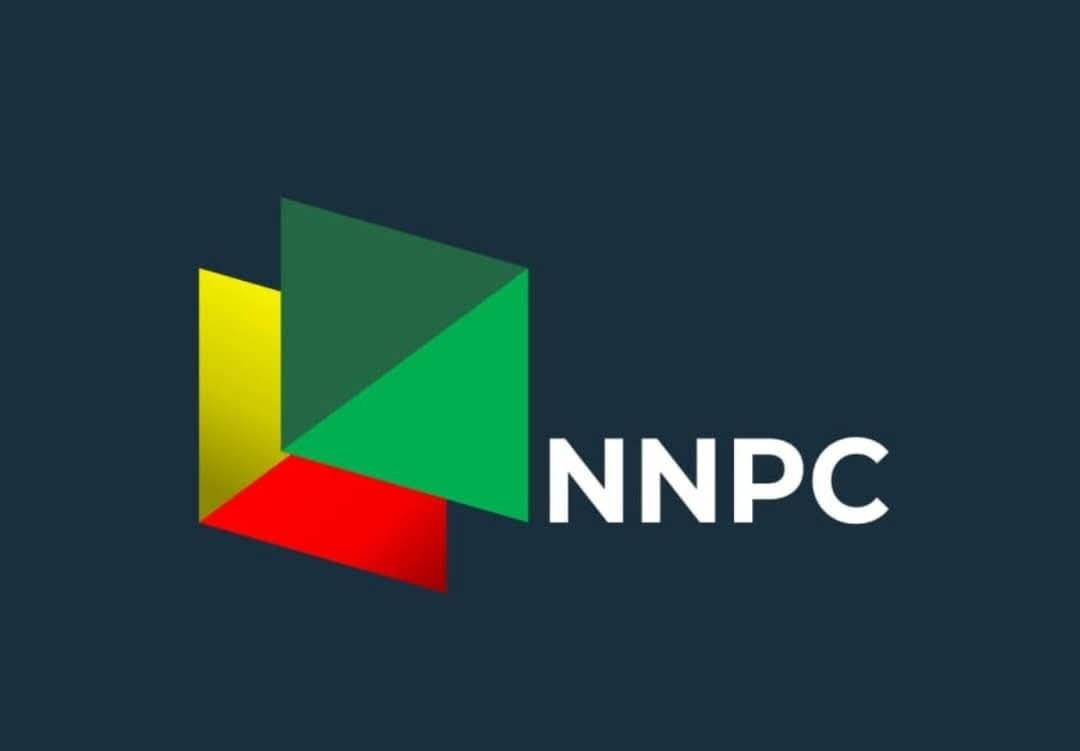By Toba Owojaiye
Abuja, Nigeria
In a landmark move to position Nigeria as a hub for responsible artificial intelligence development, the Federal Government has partnered with global tech giant Meta to launch the Llama Impact Accelerator, an eight-month programme aimed at supporting early-stage startups leveraging open-source AI to tackle critical national and regional challenges.
The initiative, unveiled by the Minister of Communications, Innovation and Digital Economy, Dr. Bosun Tijani, reflects Nigeria’s increasing commitment to fostering a vibrant AI ecosystem and harnessing technological innovation for national development.
According to a statement by Ms. Sade Dada, Meta’s Head of Public Policy for Anglophone West Africa, the programme is designed to “democratise responsible AI” and promote solutions aligned with Nigeria’s socio-economic priorities.
“This partnership represents a significant step in our mission to build a resilient, forward-looking AI ecosystem. Artificial Intelligence is not just a buzzword, it is a transformative tool for solving real national challenges,” said Tijani.
Truth Live News gathered that the novel accelerator programme is part of Meta’s broader strategy to build inclusive, open-source AI communities across Sub-Saharan Africa. In Nigeria, the programme is being implemented in collaboration with the National Centre for Artificial Intelligence and Robotics (NCAIR) and the National Information Technology Development Agency (NITDA).
The Llama Impact Accelerator will kick off with a six-week incubation phase, offering hands-on technical training and mentorship from global AI experts. This will be followed by six months of extended support, including access to infrastructure, technical resources, and ecosystem connections to aid growth and scalability.
Startups will receive up to $25,000 in equity-free funding, with top performers having the chance to pitch for an additional $100,000 during the AMET Summit. The programme culminates in demo days that will highlight promising AI solutions.
Targeted sectors for innovation include:
Agriculture, Security and Safety Healthcare, Wild Card : for bold, high-impact solutions outside the core categories.
“The wild card category is especially important,” said Dada, “because it encourages unconventional, high-risk ideas that could redefine how we solve deeply rooted societal issues.”
The accelerator ties directly into the Federal Government’s broader tech innovation roadmap, including the 3 Million Technical Talent (3MTT) programme, which aims to train a new generation of Nigerian professionals in high-demand tech skills, including AI, by 2027.
“Partnerships like this allow us to tap into global expertise while empowering local talent. They ensure Nigeria is not just a consumer of technology but also a producer of cutting-edge solutions tailored to our realities,” added Dr. Tijani.
Meta’s open-source Llama models (core to the Programme) are designed to be adaptable, lightweight, and efficient, making them ideal for deployment in resource-constrained environments like rural Nigeria.
Beyond Nigeria, the accelerator is also accepting applications from startups in Kenya, South Africa, and Senegal, underscoring Meta’s intention to catalyze a pan-African movement for locally relevant, globally competitive AI solutions.
“We believe Africa’s AI future must be built on collaboration, openness, and relevance,” said Dada. “This programme is about equipping changemakers with the tools to build solutions that matter.”
Applications opened on May 26, 2025, and close June 27, 2025. The first cohort begins in August 2025, with demo days scheduled for September and October, and extended support running until March 2026.
While the launch has been met with enthusiasm across Nigeria’s innovation space, industry watchers will be closely monitoring the implementation phase to see how inclusive and effective the programme becomes. With Nigeria battling youth unemployment and digital infrastructure deficits, programmes like the Llama Accelerator offer hope: but also raise questions about access and sustainability.
Still, as Nigeria continues to champion digital transformation on the continent, this accelerator represents a strategic intersection of policy, private sector innovation, and open-source technology positioning the country as a potential AI powerhouse in the years ahead.









